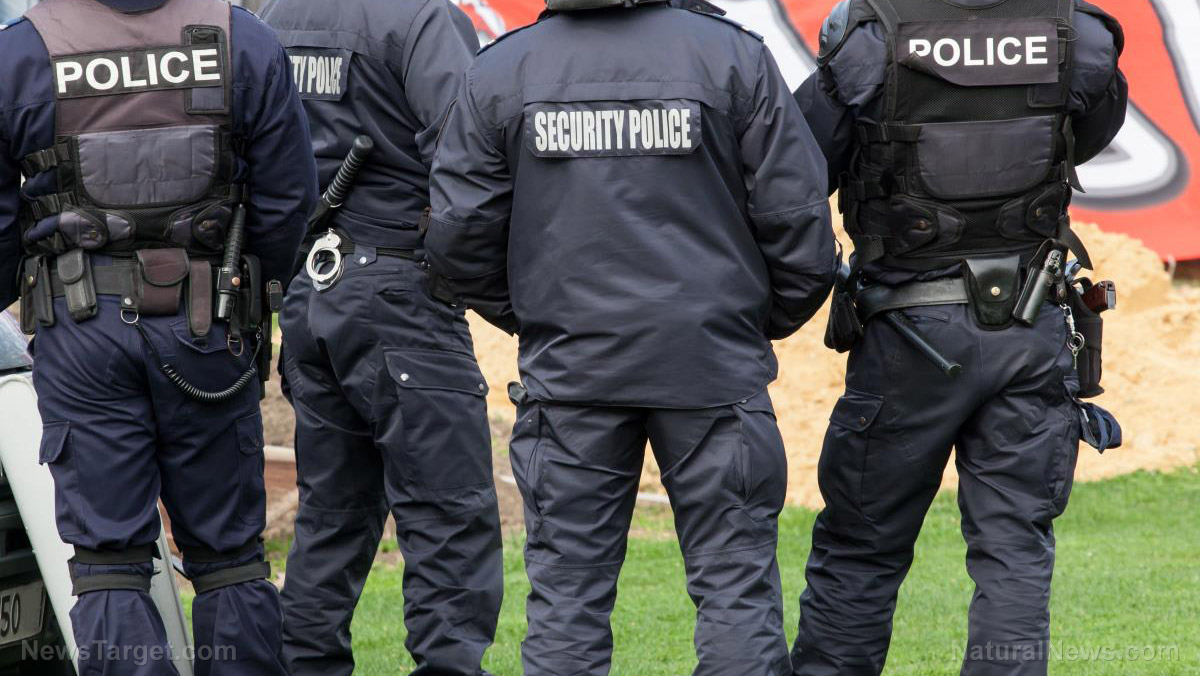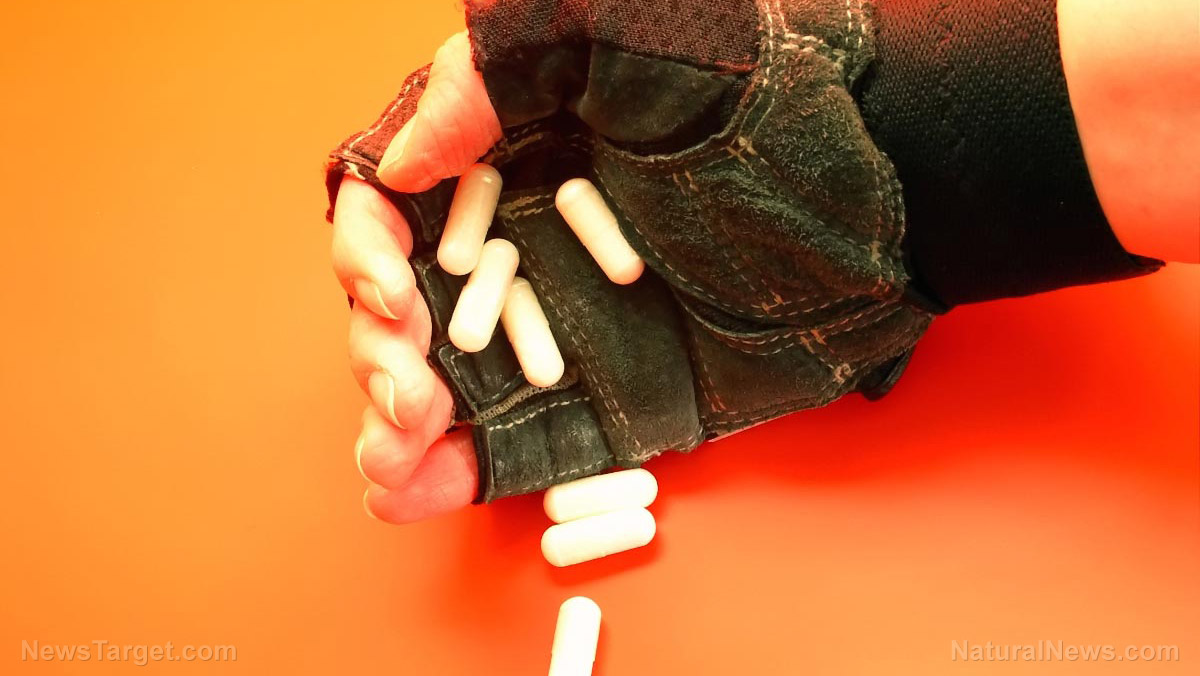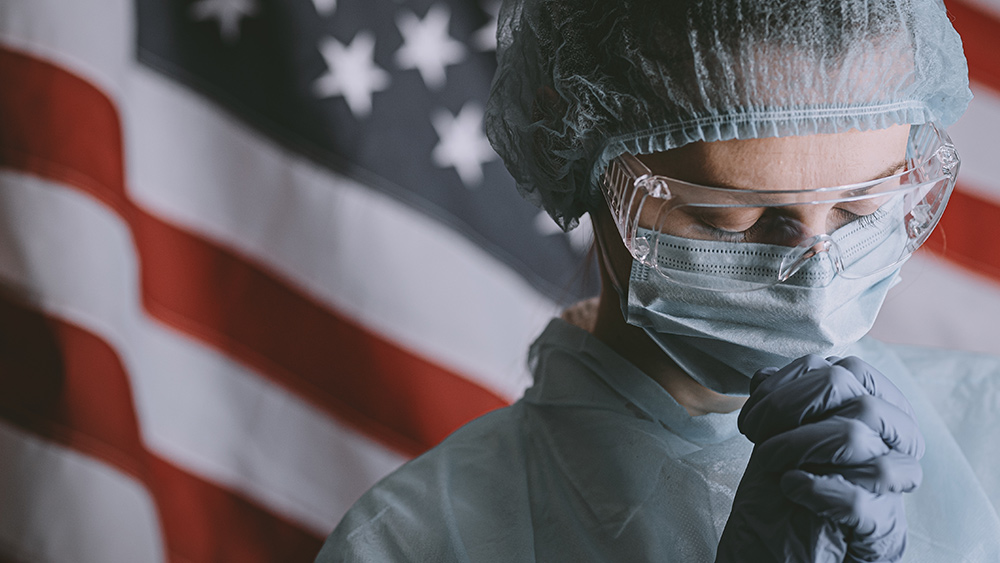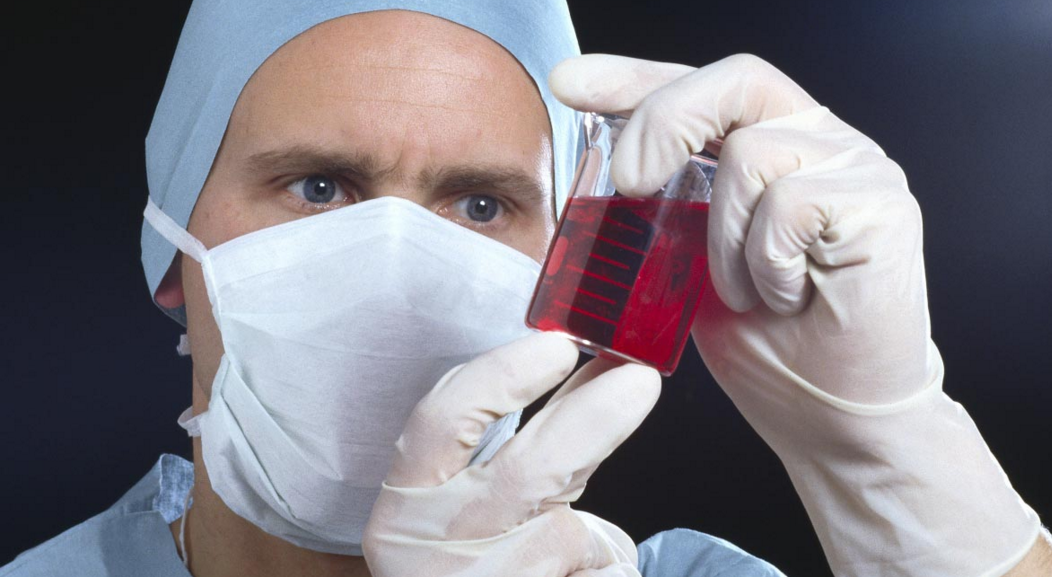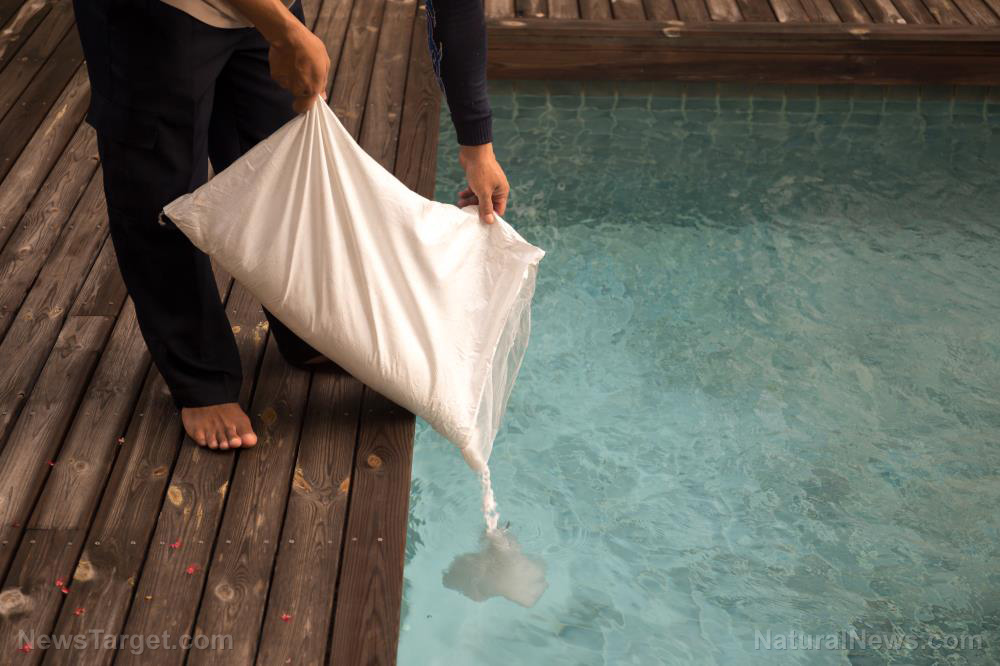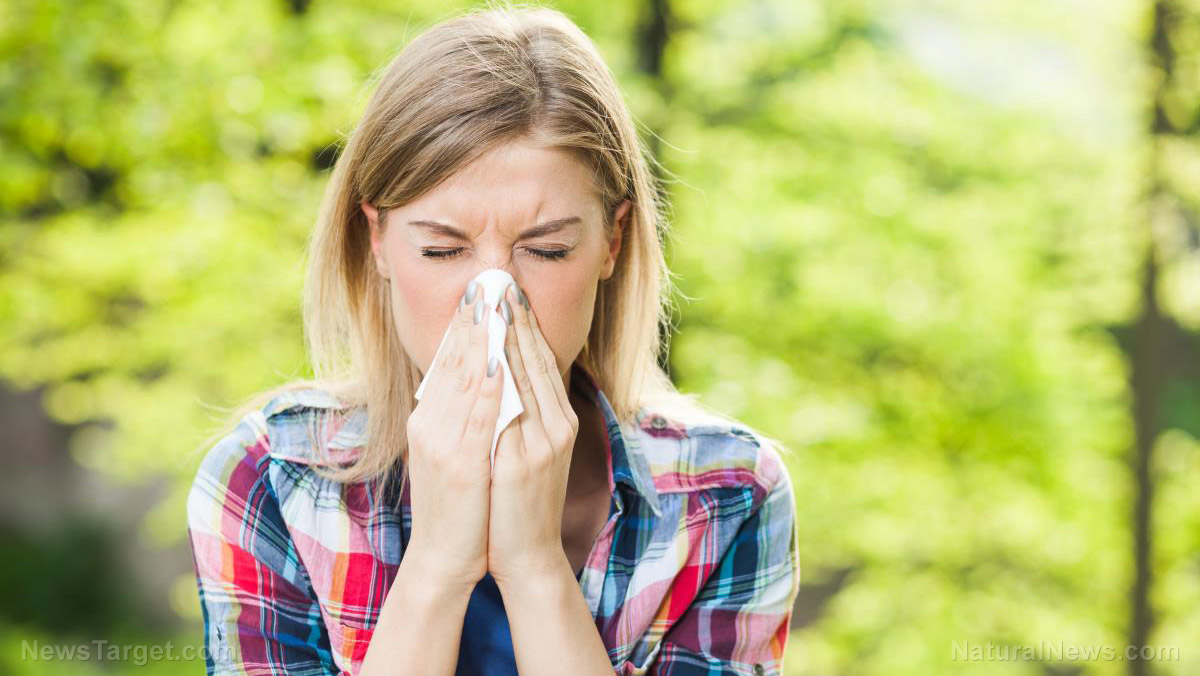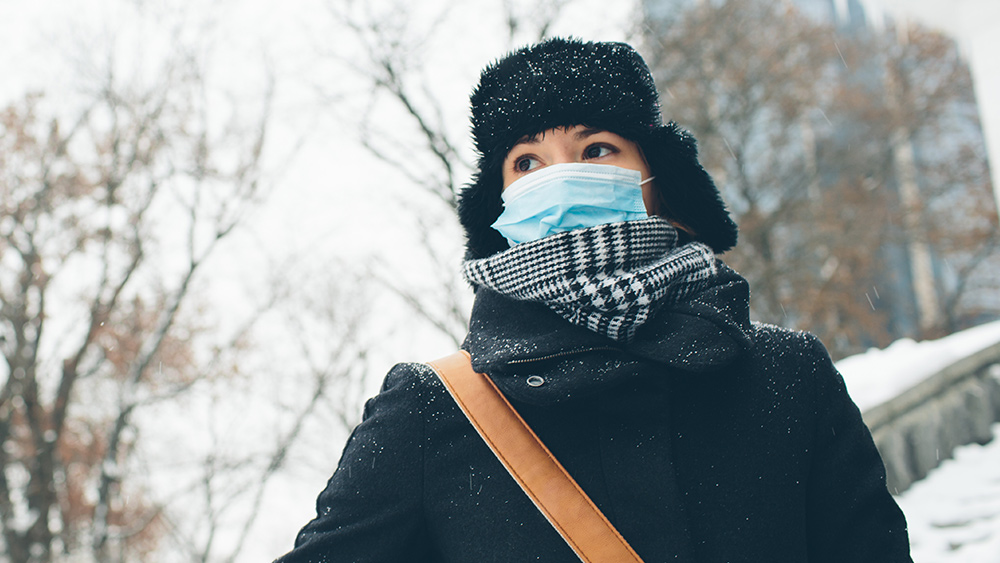Pfizer boss warns against fast-tracking vaccines
09/06/2020 / By Franz Walker

As government agencies look at ways to fast-track the deployment of a Wuhan coronavirus (COVID-19) vaccine, one surprising voice has come out warning against the dangers of doing so.
Albert Bourla, chairman and chief executive officer of Pfizer has warned of the damage that pushing a vaccine before testing its guaranteed to be safe may cause the reputation of the pharmaceutical industry.
“Pfizer last year had its 170th anniversary. It’s a long institution and I don’t plan to reduce its reputation in a year or two,” he said.
Bourla acknowledged that people were skeptical about vaccines. “They are skeptical because there’s so much politicized science right now,” he said in a press conference of the International Federation of Pharmaceutical Manufacturers and Associations. “This is the worst situation for society.”
Warnings come as US government moves to fast-track vaccines
Bourla’s comments come as the U.S. government is looking to fast-track vaccines in development in the country to be distributed ahead of the November presidential elections.
Recently, Centers for Disease Control and Prevention (CDC) Director Dr. Robert Redfield has sent out a letter to state governors asking them to fast-track the approval of permits and licenses for new distribution sites for a vaccine.
“CDC urgently requests your assistance in expediting applications for these distribution facilities, and, if necessary, asks that you consider waiving requirements that would prevent these facilities from becoming fully operational by November 1, 2020.
In his letter, Redfield reassured the governors that “The requirements you may be asked to waive in order to expedite vaccine distribution will not compromise the safety or integrity of the products being distributed.”
Meanwhile, the head of the Food and Drug Administration (FDA), Stephen Hahn, stated that the agency was willing to give “emergency authorization” for a vaccine to be distributed even if it had yet to complete Phase III trials.
“It is up to the sponsor [vaccine developer] to apply for authorization or approval, and we make an adjudication of their application. If they do that before the end of Phase Three, we may find that appropriate. We may find that inappropriate, we will make a determination,” said Hahn in an interview with Financial Times last Sunday.
Hahn later clarified that this “emergency authorization” would not technically equate to full approval by the FDA.
“Our emergency use authorization is not the same as a full approval,” he explained. “The legal, medical and scientific standard for that is that the benefit outweighs the risk in a public health emergency.”
Others within the industry call for transparency
At the same time that Bourla was warning against fast-tracking vaccine development, the U.S.-based trade group, the Biotechnology Innovation Organization (BIO) has called for more transparency when it comes to vaccine development. He warned that various parts of the population may react differently to a vaccine and those differences would only be revealed in “larger, longer-term studies.”
In addition, BIO has also called on the FDA to maintain its “historic independence” and that politicians on both sides of the aisle put aside political considerations.
As part of this, pharmaceutical firm Merck’s chief executive Ken Frazier told the conference that it was unfortunate that institutions had suffered a loss of trust. “It is important for our industry to restate our commitment to first do no harm.”
Of course, the latter depends on whether companies like Merck, which is developing its own coronavirus vaccine, resist the temptation to release it well before they’ve completed testing, even if the government gives them a free pass.
As for Pfizer, the company is currently already conducting Phase III trials for its own vaccine candidate that it’s developing in conjunction with its German partner BioNTech. This phase involves a large number of participants, and Pfizer has already enrolled 23,000 of the 30,000 it needs.
The speed at which the trial results become clear, however, will depend on how many in the control group become infected and when this happens. That said, Bourla has promised that they will not send in their vaccine for authorization until they’re completely sure that it’s safe.
Learn more about efforts to develop a coronavirus vaccine at Vaccines.news.
Sources include:
Tagged Under: Big Pharma, CDC, coronavirus, covid-19, disease, FDA, Flu, Operation Warp Speed, outbreak, pandemic, Pfizer, side effects, superbugs, vaccine, vaccine injury, vaccine wars



